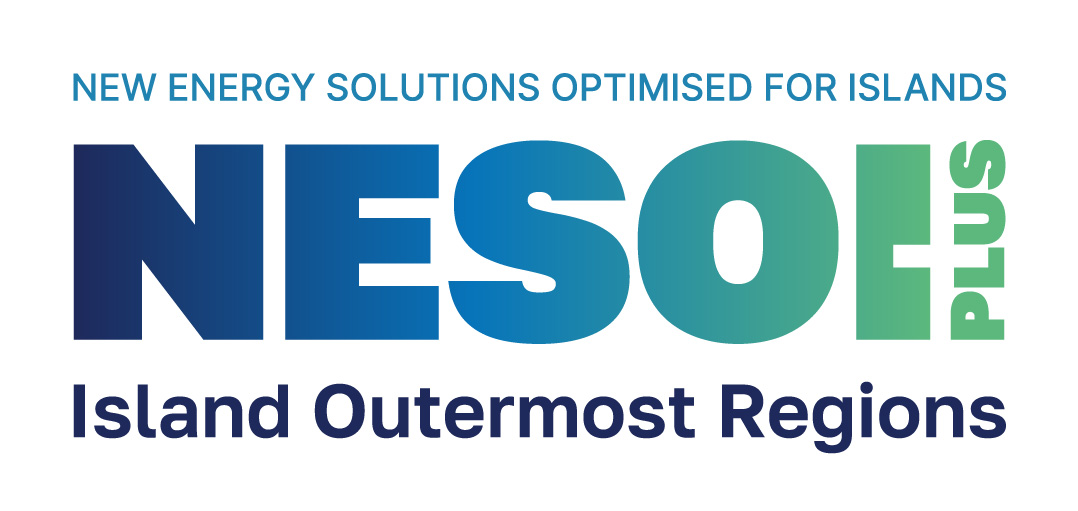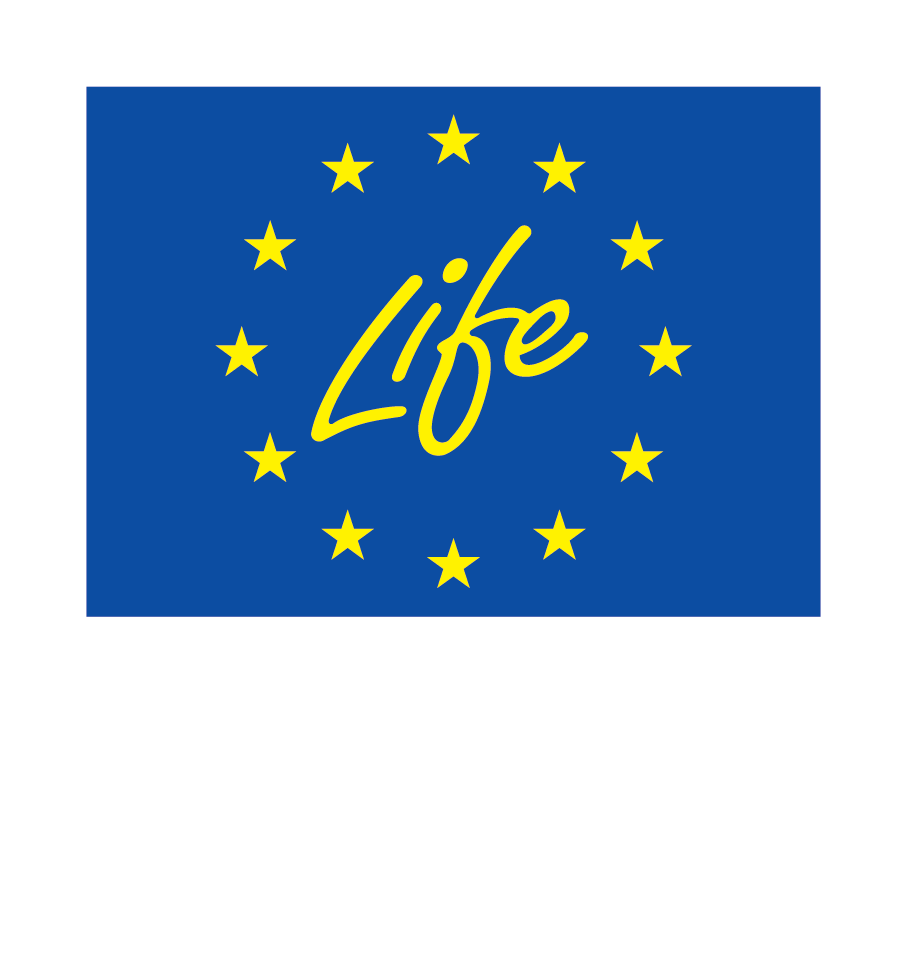Development of Consistent Key strategy of the Strait Port System (DOCKS) is a project supported by NESOI European Islands Facility, managed by our partners from RINA, and promoted by Autorità di Sistema Portuale dello Stretto (AdSP).
What is DOCKS?
The project consists in elaborating the Environmental Energy Planning Document of Port Systems (DEASP) for the ports of Messina, Milazzo, and Tremestieri, in Sicily, which belong to the Port System Authority of the Strait (AdSP). The DEASP establishes strategic guidelines for the execution of certain measures to increase energy efficiency, encourage the use of renewable energy sources in the port region, and create strategies that benefit the environment for both port users and residents of adjoining territories.
The DOCKS initiative anticipates a number of positive impacts for both citizens and port users. In fact, the building of new plants will result in the addition of new jobs in the fields of construction, management, and maintenance as well as the improvement of the environment, particularly the air quality, and the quality of life as a result.
Furthermore, the project presents a high replicability potentiality. The Environmental Energy Planning Document of Port System DEASP drafting methodology will be taken as a referent point for its replication. The techniques determined for the ports of Messina and Milazzo can be applied to other Sicilian ports due to similarities in the operators, stakeholders, and prominent traffic categories (such as fast vehicles for passengers, roll-on/roll-off, cruises, and commercial).
DOCKS: Air quality in the port area
Due to the operation of the ships' propulsion systems and the use of shore-side facilities, the air quality is typically poor at large ports. The development of Environmental Energy Planning Documents of Port Systems (DEASP) in Italy addresses these challenges. The DEASP establishes strategic guidelines for the execution of particular measures for the Sicilian ports of Messina, Milazzo, and Tremestieri as part of the D.O.C.K.S. project.
The construction of a coastal liquefied natural gas (LNG) platform and electrification of the ports are two examples of such actions. Directive 2014/94/EU on the deployment of alternative fuel infrastructure encourages the use of this power supply system. For example, switching bigger boats from conventional fuel oil to LNG can cut NOx by 80%, SOx by 90%, and fine particles by 95%.
Electricity generated by renewable energy sources including solar and tidal energy will be used to power the smaller vessels stationed in the ports, replacing the fuel oil or diesel power supply.
Expected environmental impacts
Shifting to LNG-powered vessels from can reduce NOx over 80%, Sox by over 90%, and PM by over 95% as reported in the Science for Environment Policy: European Commission DG Environment News Alert Service, edited by SCU, The University of the West of England, Bristol, 2016. Similar reductions are reported for road transport: 3,9% on CO2, 49,4%on NOx and 93,4% on PM10.
How does NESOI Support this project?
The European Islands Facility (NESOI) aims to unlock the potential of EU islands to become the locomotives of the European Energy Transition. To do so, NESOI aims to mobilize more than €100 Million of investment in sustainable energy projects to give EU islands the opportunity to implement energy technologies and innovative approaches, in a cost-competitive way.
The DOCKS project has envisaged especially two main challenges. The reduction of CO2 emissions in ports by both the manager of the port's infrastructure and the operators who conduct business there. NESOI supports efforts to persuade private operators to cut the CO2 emissions associated with their operations; in return, they would perform better and have a better chance of receiving incentives from port authorities.
The development of energy communities through bringing together local public, corporate, and other organizations is the second significant problem.
More in specific, NESOI has provided the following support:
- Socio-economic, territorial, and environmental analysis.
- Analysis of the local RES potential
- Definition of the energy balance and preparation of the Baseline Emissions Inventory
- Climate change risk analysis and vulnerability assessment
- Analysis and mapping of regional, national, and European planning tools framework
- Support in the drafting of the SECAP
- Action plan and monitoring system, allocation of responsibilities for its implementation
- Preparation of technical and supporting documentation
- Setting up of planning frameworks for the elaboration of the DEASP

